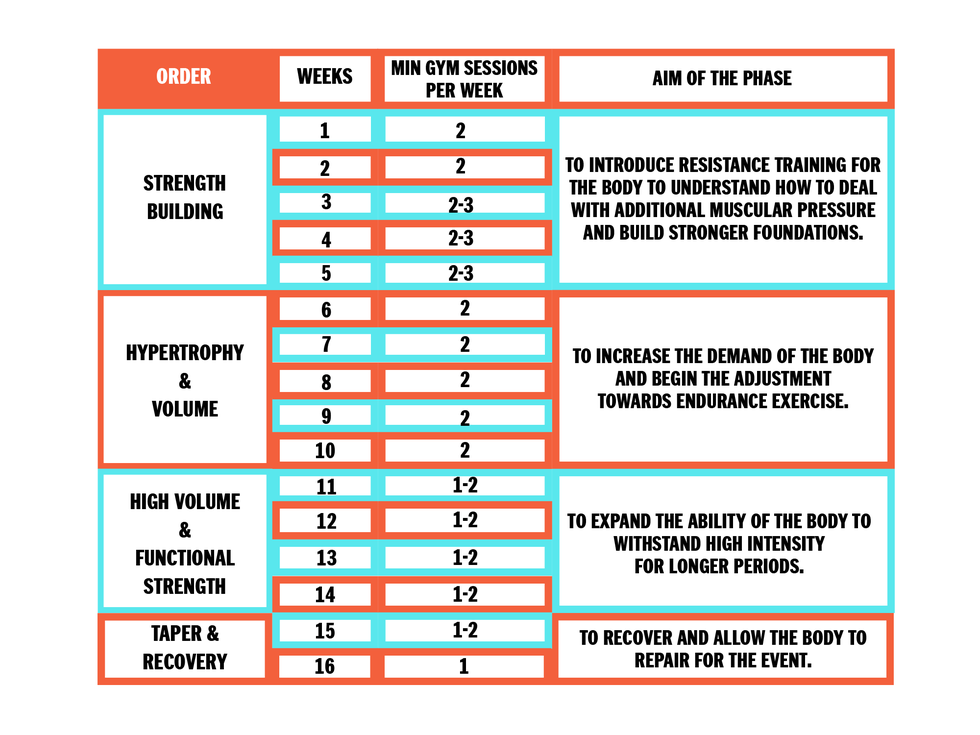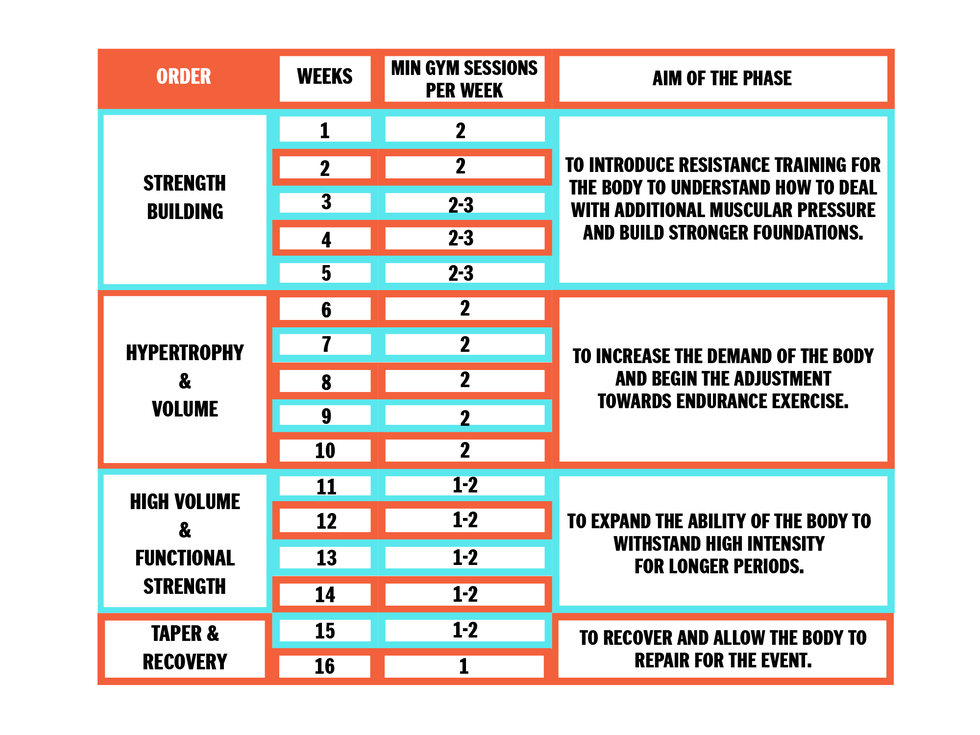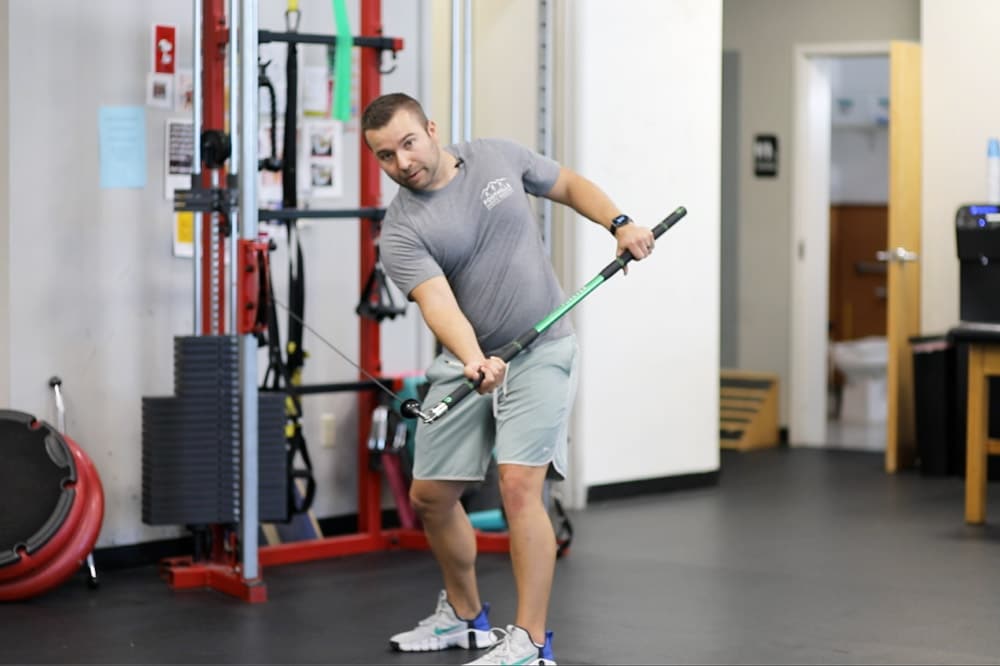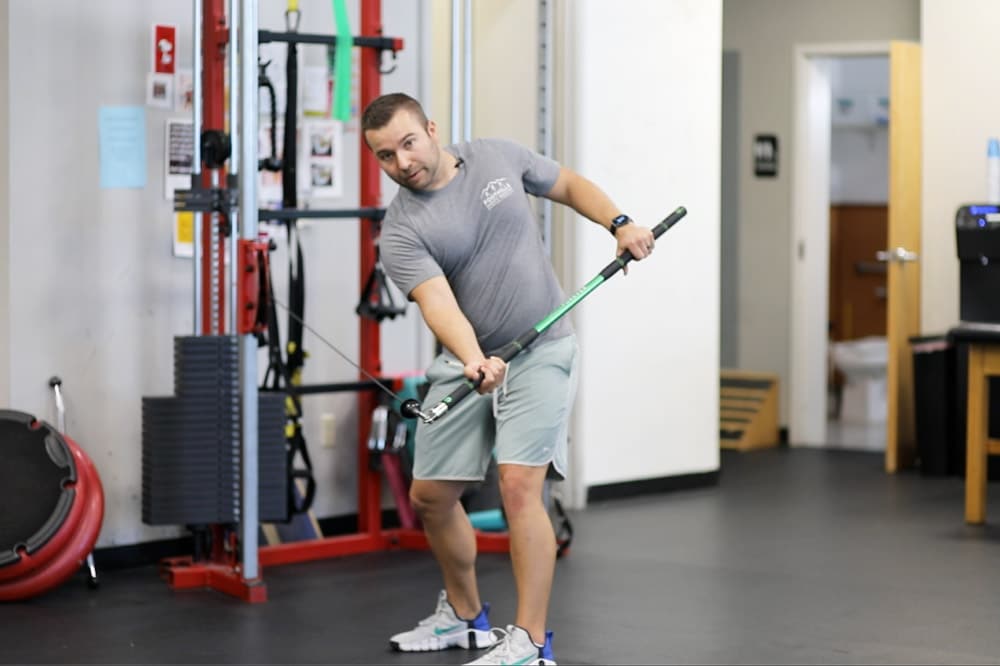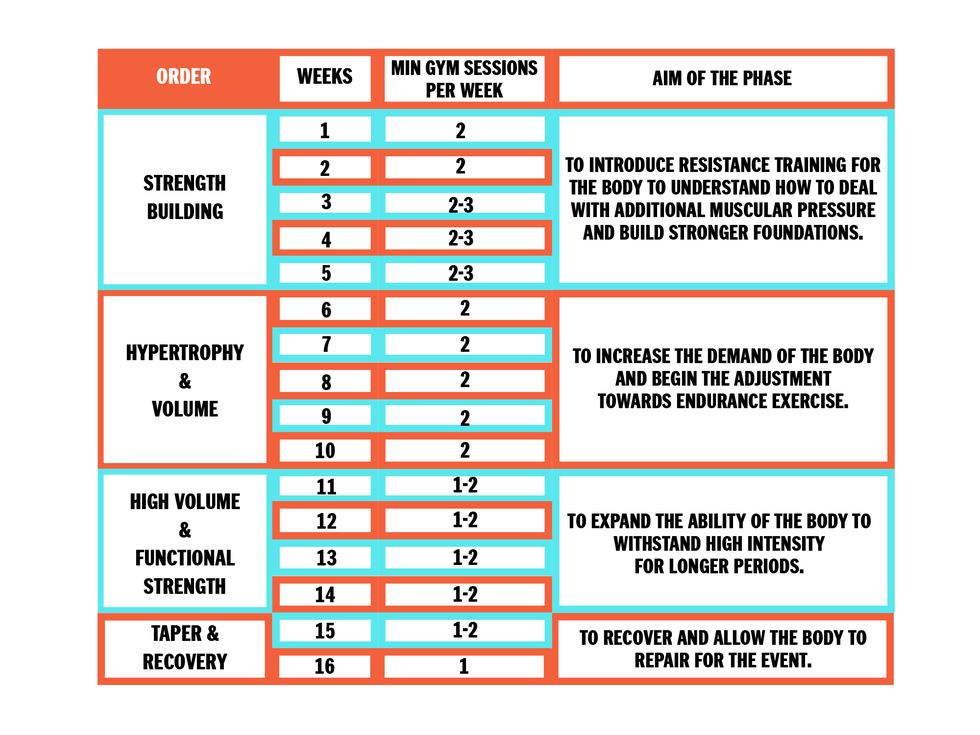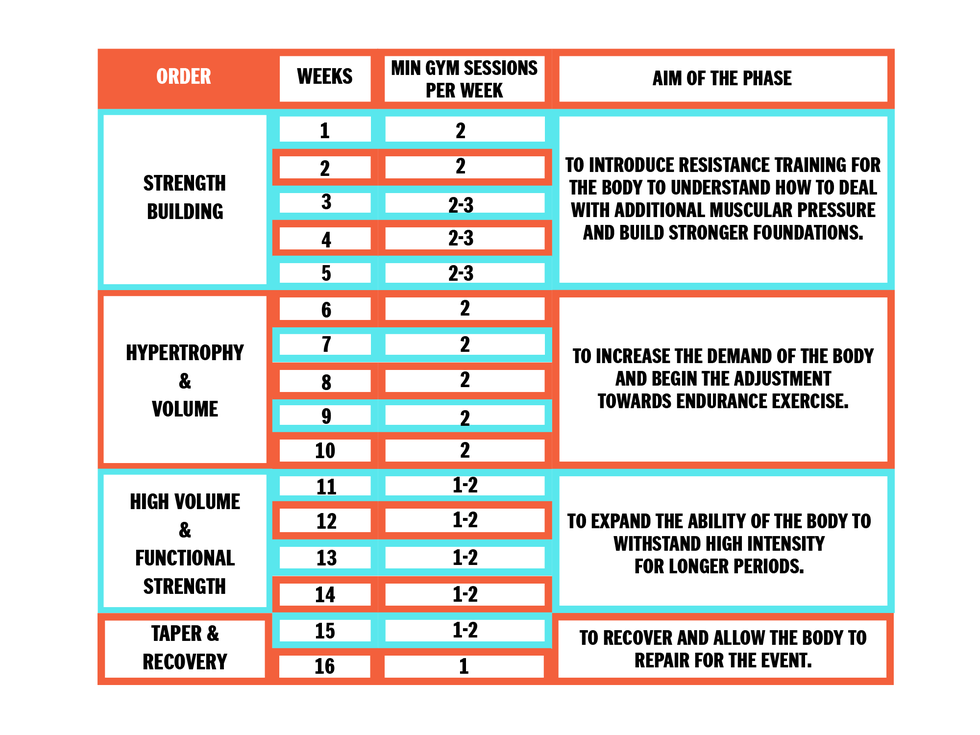Marathon strength training builds endurance and power, crucial for peak performance. It prevents injuries and enhances running efficiency.
Marathon training isn’t just about running long distances. Strength training plays a vital role in preparing your body for the rigors of a marathon. It helps improve muscle strength, balance, and stability, crucial for maintaining form during long runs. Strength workouts target key muscle groups, aiding in better performance and reducing the risk of injury.
Incorporating exercises like squats, lunges, and core workouts can make a significant difference. Consistent strength training ensures your body can withstand the physical demands of marathon running, helping you achieve your goals while staying healthy.
The Importance Of Strength Training For Marathon Runners
Strength training helps marathon runners improve their endurance. It builds muscle strength and stamina. This allows runners to maintain a steady pace. Training also enhances speed. Stronger muscles can push harder and faster. This leads to better race times.
Strong muscles support joints and bones. This reduces the risk of injuries. Training helps balance muscle groups. Balanced muscles prevent strains and sprains. Consistent strength training keeps the body resilient. This allows runners to train longer without getting hurt.
Setting The Foundation: Core Strength
Building core strength is essential for marathon strength training. Strong core muscles enhance endurance, stability, and overall performance during long-distance runs.
Essential Core Exercises
Core exercises are important for runners. Planks strengthen the abs and lower back. Sit-ups help build abdominal muscles. Russian twists improve oblique strength. These exercises help improve your running posture. Strong core muscles reduce the risk of injury.
Integrating Core Workouts Into Your Routine
Core workouts should be done three times a week. Start with 10 minutes each session. Gradually increase the time as you get stronger. Combine core exercises with your regular running routine. This ensures balanced muscle development. Always warm up before starting your core exercises. Cooling down after workouts prevents muscle soreness.
Lower Body Power: Building Leg Strength
Squats are great for building strong legs. They target the quads, hamstrings, and glutes. Lunges help improve balance and strength. They also work on the same muscles as squats. Deadlifts are essential for runners. They strengthen the entire lower body. Calf raises focus on the calves, important for running efficiency. Step-ups mimic the running motion. They also build leg power and endurance. Always include these exercises in your routine.
Strength training should complement running. Do not overdo it. Aim for two strength sessions per week. Focus on quality, not quantity. Always warm up before starting your workout. Stretching is crucial after exercises. This helps prevent injuries. Running and strength training should work together. Your body needs time to recover. Listen to your body and adjust accordingly. Balance is key for effective training.
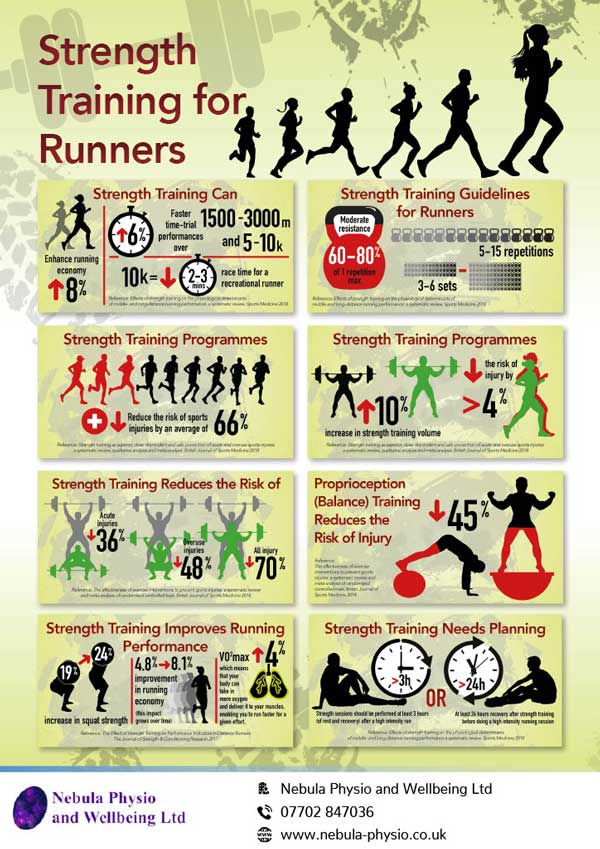
Credit: www.nebula-physio.co.uk
Upper Body Conditioning
Runners benefit from strong upper bodies. Arm strength improves running form. Core muscles stabilize the body. This helps maintain balance. Efficient arm movements can increase speed. Less energy is wasted. Better posture reduces the risk of injuries. Runners with strong upper bodies can run longer distances.
Push-ups strengthen the chest and arms. Pull-ups work the back and shoulders. Planks build core stability. Dumbbell rows target the upper back. Overhead presses improve shoulder strength. Bicep curls enhance arm muscles. Tricep dips tone the back of the arms. Resistance bands can be used for variety. Incorporate these workouts into your routine for balanced strength.
Incorporating Plyometrics For Explosive Performance
Plyometrics are explosive exercises. They help improve strength and speed. These exercises use quick movements to build muscle power. They are great for marathon runners. Plyometrics make you faster and stronger.
Include exercises like jump squats and box jumps. Jump squats build leg strength. Box jumps improve your explosive power. Try lateral jumps for agility. Add burpees for full-body workout. These routines help you run better.
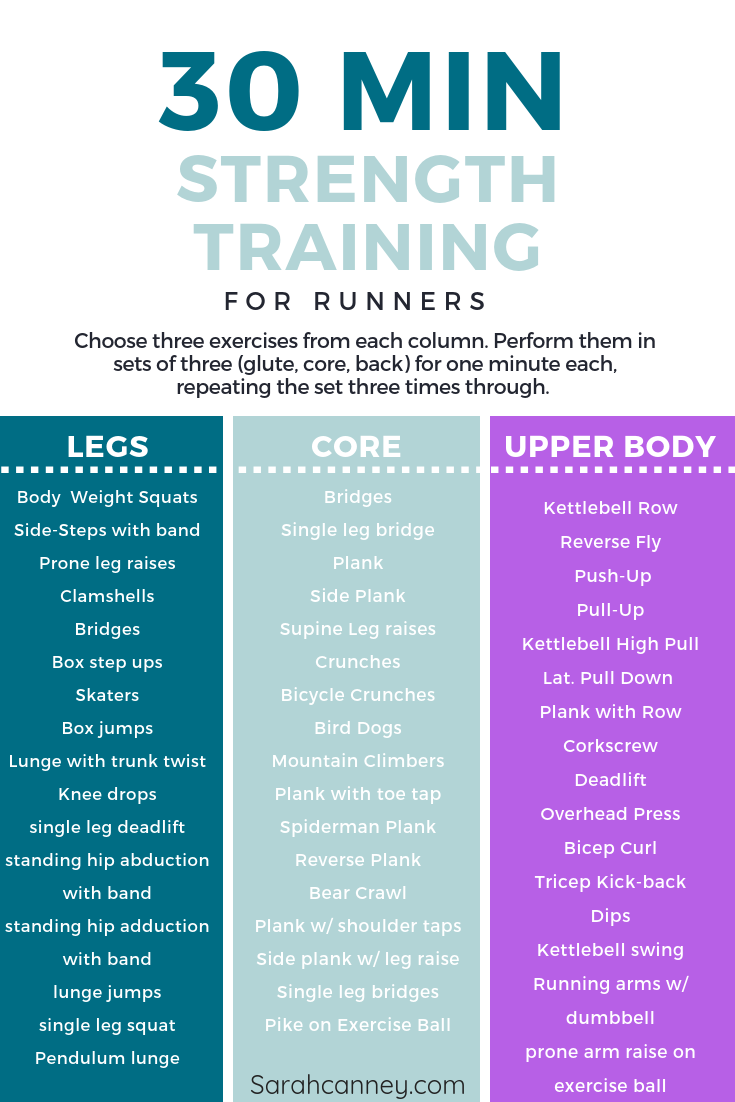
Credit: sarahcanney.com
Periodization: Timing Your Strength Training
Periodization optimizes marathon strength training by strategically timing workouts to enhance performance and prevent injury. This approach balances intensity and recovery for peak endurance.
Building A Periodized Training Plan
A periodized training plan involves different phases. Each phase has a specific focus. Start with a base phase to build endurance. Next, move to a strength phase to enhance muscles. Then, transition to a power phase. This helps in achieving maximum performance. Finally, enter the peak phase. This phase fine-tunes your body for the race.
Tapering Before Race Day
Tapering means reducing training volume before the race. It helps in muscle recovery. Begin tapering two to three weeks before the marathon. Gradually decrease the intensity of workouts. Rest more and sleep well. This will ensure you are fresh on race day. Tapering boosts both physical and mental readiness.
Recovery And Injury Prevention Techniques
Enhance marathon strength training by incorporating recovery and injury prevention techniques. Utilize foam rolling, stretching, and adequate rest to stay injury-free. Strengthen muscles with targeted exercises to boost endurance and performance.
Importance Of Rest And Recovery
Rest is crucial for marathon runners. Muscles need time to repair after intense workouts. Adequate sleep helps the body recover. Aim for at least 8 hours of sleep. Active recovery, like light jogging, can also be beneficial. Proper nutrition aids in muscle repair. Hydration is equally important. Drink plenty of water.
Injury Prevention Strategies
Warm up before every run to prevent injuries. Stretching improves flexibility and reduces muscle strain. Strength training builds stronger muscles. Strong muscles support joints better. Wear proper running shoes to avoid foot problems. Listen to your body. Stop running if you feel pain. Gradually increase your mileage to avoid overuse injuries.
Strength Training Nutrition And Hydration
Proper nutrition and hydration are crucial for marathon strength training. Consuming balanced meals with protein, carbs, and electrolytes enhances performance and recovery.
Optimal Nutrition For Muscle Gain
Eating the right foods helps build muscles. Protein is key for muscle growth. Foods like chicken, beans, and eggs are rich in protein. Carbohydrates give energy for workouts. Choose whole grains, fruits, and vegetables. Healthy fats are also important. Nuts, avocados, and olive oil are good choices. Drink plenty of water to stay hydrated. A balanced diet supports muscle gain and strength.
Hydration Strategies For Training And Race Day
Staying hydrated is crucial during training and on race day. Drink water before, during, and after exercise. Sports drinks can help replace lost electrolytes. Avoid sugary drinks and caffeine. Monitor urine color to check hydration levels. Clear or light yellow urine means you are well-hydrated. Carry a water bottle during long runs. Plan hydration breaks to prevent dehydration.
Monitoring Progress And Adjusting Workouts
Keeping track of your strength gains is important. Use a journal or app to record your workouts. Note the weights, sets, and reps for each exercise. Review your progress every week. This helps you see improvements and stay motivated.
Change your routine if you hit a plateau. This means your progress has stopped. Try adding more weight or changing exercises. Another sign to change is if you feel bored or unmotivated. Keep your workouts exciting to stay engaged.
Case Studies: Strength Training Success Stories
Strength training helps marathoners run faster and longer. Many runners find better endurance and fewer injuries. John, a marathon runner, added weights to his routine. He finished his race in record time. Mary used strength training to improve her speed. She won her first marathon last year.
Professional athletes teach us valuable lessons. They show that strength training is essential. Many athletes use it to boost performance. They gain muscle strength and stamina. This makes them run faster and prevent injuries. Following their example can help us all achieve our goals.
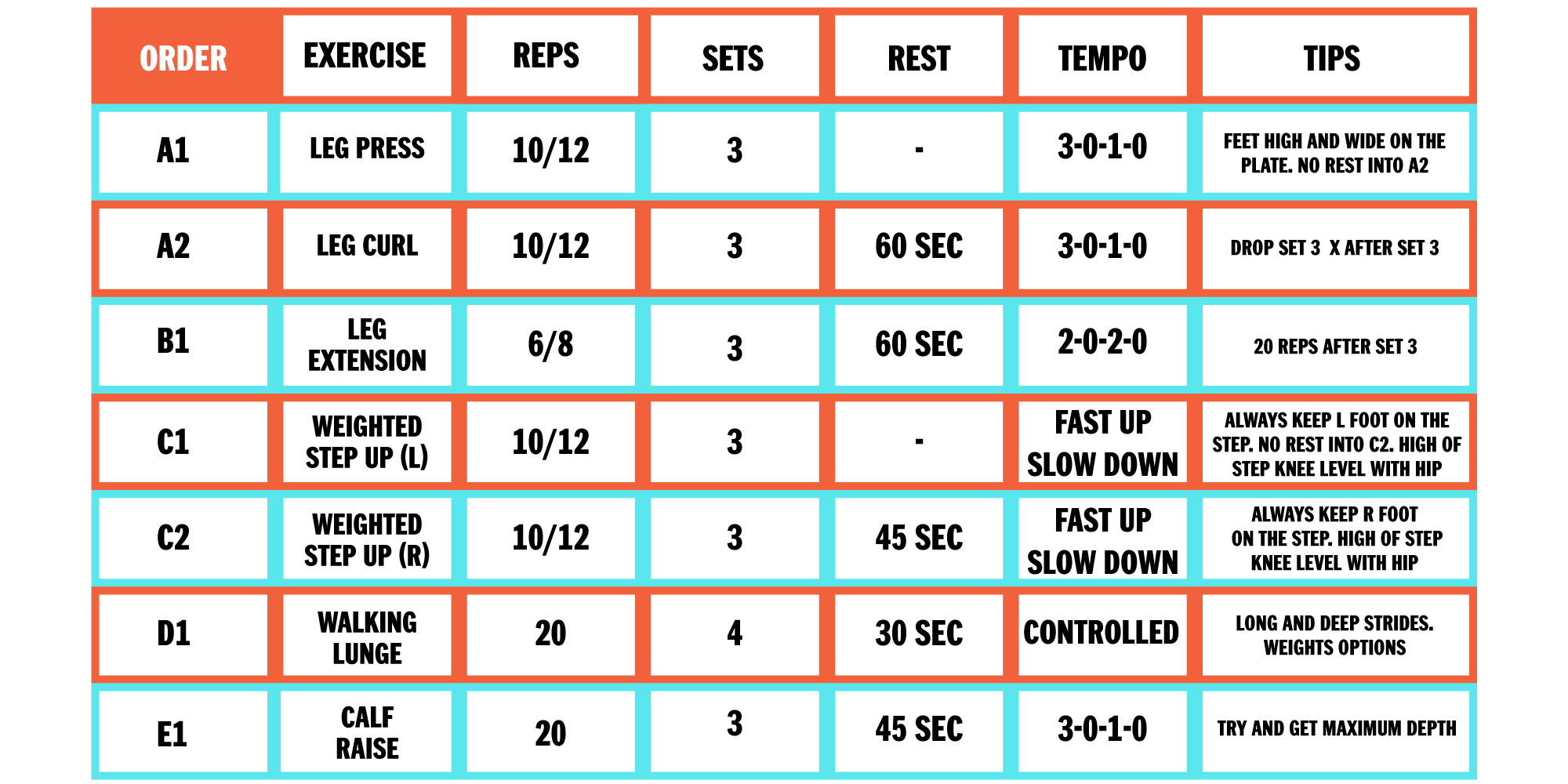
Credit: www.runnersworld.com
Frequently Asked Questions
Should You Do Strength Training For A Marathon?
Yes, strength training improves endurance, reduces injury risk, and boosts overall performance for marathon runners. Incorporate it into your training routine.
How Many Strength Sessions Per Week For Marathon Training?
Aim for 2-3 strength sessions per week during marathon training. Focus on core, legs, and upper body exercises.
What Does Tempo 3 0 1 0 Mean?
Tempo 3 0 1 0 means 3 seconds eccentric, no pause, 1 second concentric, no pause. It indicates the speed of each phase in a repetition.
How To Get Strong For A Marathon?
To get strong for a marathon, follow a balanced training plan. Include long runs, speed work, strength training, and rest days. Eat nutritious foods, stay hydrated, and get enough sleep. Gradually increase mileage to avoid injury. Listen to your body and adjust your training as needed.
What Is Marathon Strength Training?
Marathon strength training involves exercises to enhance muscle endurance, power, and overall performance for marathon runners.
Why Is Strength Training Important For Marathons?
Strength training prevents injuries, improves running efficiency, and boosts overall stamina, crucial for marathon success.
How Often Should I Do Strength Training?
Aim for 2-3 strength training sessions per week, balanced with running workouts.
What Exercises Are Best For Marathon Strength Training?
Focus on squats, lunges, deadlifts, and core exercises to build lower body and core strength.
Can Strength Training Improve Marathon Time?
Yes, strength training enhances muscle endurance and running economy, leading to better marathon times.
Should Beginners Do Marathon Strength Training?
Absolutely, beginners benefit from building a strong muscular foundation, reducing injury risk, and improving performance.
Conclusion
Building strength is key for marathon success. Incorporate these training tips for optimal performance and injury prevention. Remember, consistency and proper technique will elevate your endurance. Stay dedicated, listen to your body, and enjoy the journey towards achieving your marathon goals.
Strong muscles lead to a strong finish.

